“If a problem has no solution, it may not be a problem, but a fact – not to be solved, but to be coped with over time.”
- Shimon Peres
“If a problem has no solution, it may not be a problem, but a fact – not to be solved, but to be coped with over time.”
- Shimon Peres
Those who want to see everything through a lens of race and class, judging individuals based on immutable characteristics, pretend to be fighting the very thing they are enacting. And none of us wish to speak up because we have been bullied into silence. Anyway how was your day?— Sean Ono Lennon (@seanonolennon) June 24, 2020
*47 years later... pic.twitter.com/wluDe27W0N— Mike Nayna (@MikeNayna) June 30, 2020
"The state shall not discriminate against, or grant preferential treatment to, any individual or group on the basis of race, sex, color, ethnicity, or national origin."The proposal will be on the state ballot this November. We are sliding back into an age we thought we had left behind.
We realize this is a difficult time for those of you who knew Seth. It is important to know that individuals may express their grief differently and we need to respect the different ways people react and support each other in the days and weeks ahead. Many of you may have had a close relationship with Seth and are feeling a sense of loss and disbelief. Others, like many of us, are experiencing stress, grief and anxiety related to the coronavirus pandemic and the recent murders of George Floyd, Riah Milton, and other Black Americans.
First of all, for those of you who don't know, Riah Milton was a transgender black killed by black males. As to what coronavirus, George Floyd and others have to do with Seth Smith's murder I have no idea. I suspect what is going on is the Berkeley administration suspects Smith's killer was black and are trying to "contextualize" the murder if that proves to be true. Symbols are more important than a dead white guy. The Chancellor is a horrible human being.
FURTHER FURTHER UPDATE: Someone was arrested for the murder of Seth Smith, a 60 year old black career criminal who apparently shot Smith because he was white. I guess that's what they mean by "social justice".
FURTHER FURTHER FURTHER UPDATE: Since I originally posted this Andrew Sullivan and Bari Weiss were purged from New York Magazine and the New York Times respectively.

Trump on the LGBT ruling: "They've ruled. I've read the decision. And some people were surprised. But they've ruled and we live with their decision. That's what it's all about. We live with the decision of the Supreme Court. Very powerful. A very powerful decision, actually."— Daniel Dale (@ddale8) June 15, 2020

. . chock full of music–Count Basie’s April in Paris, Coleman Hawkins’s The Hawk in Paris, Berklee College’s Jazz in the Classroom, an Alex Welsh broadcast, a Willis Conover Voice of America broadcast on Armstrong, a Bob Hope-Bing Crosby single, Patti Russo and more–but it’s the Lincoln speech, delivered between the end of the Basie album and Hawkins’s “Chiens Perdus Sans Collier (The Little Lost Dog),” that’s most memorable portion of the tape.
"Thank you very much ladies and gentlemen. You know how bad my voice sounds. Well, it feels just as bad. You know, this baseball game of ours comes up from the youth. That means the boys. And after you're a boy and grow up to know how to play ball, then you come to the boys you see representing themselves today in your national pastime. The only real game I think in the world is baseball. As a rule, some people think that if you give them a football or a baseball or something like that they naturally become athletes right away. But you can't do that in baseball. You've got to start from way down at the bottom, when you're 6 or 7 years of age. You can't wait until you are 15 or 16. You gotta let it grow up with you. And if you are successful, and you try hard enough, you're bound to come out on top just like these boys have come to top now. There have been so many lovely things said about me and I'm glad I got the opportunity to thank everybody. Thank you."The Babe died on August 16. His casket was taken to Yankee Stadium where more than 75,000 fans came to pay their respects.
Today In 1948: New York #Yankees legend Babe Ruth has his iconic No. 3 retired during what would be his final appearance at Yankee Stadium. #MLB #Baseball #History pic.twitter.com/PXpuSmab5V— Baseball by BSmile (@BSmile) June 13, 2020
I appreciate living in a society where any widespread movement by colleges or corporations to demonstrate “commitment to Christianity” or to mandate “Jesus training” would be vomited out of the system. That’s what I think should happen to “commitment to inclusion” and “diversity training.”As a reminder, "commitment to inclusion" actually means "commitment to exclusion" while "diversity training" means training everyone to think the same way in order to achieve conformity with the views of the new privileged class. We are dealing with a cult - it's like Jonestown X 1000. Discussion is forbidden in a cult, unquestioning obediance required. Once you kneel to these people they will never let you stand on your own two feet again.
I wonder if you could contact the Trumps. My father just had a meeting with a Russian attorney in his office, who has some potentially damaging information about Russian funding to the Democrats and Hillary. (p.33)Based on his testimony and a little research on Goldstone, this is a guy who knows nothing about politics (and cares less) but will do anything to promote his client and since the client asked him to arrange a meeting he was now on a mission. Think of the Matthew McConaughey agent character in Tropic Thunder willing to go to any length to get his client his Tivo, even if it means a dangerous trip into the jungle, and you've captured the essence of Goldstone.
I'm not in the slightest bit political . . . my job is to promote Emin the best way I could. And if I had been able to convince the DNC to use this song, it would have been amazing for him. And if ultimately my sole client asked me to send an email that's important to him and/or his father . . . well, again, I'll do that. (p.47)
V was a Russian lawyer who spoke no English. She was a litigator (the question of whether, or to what extent, she was connected to the Russian government remains unclear) who'd been working for Denis Katys, owner of Prevezon Holdings on litigation regarding the U.S. government's actions in seizing his properties, on investigating Bill Browder, proponent of the Magnitsky Act, and to lobby to overturn or modify the Act. The Magnitsky Act is named after a Sergei Magnitsky, a Russian accountant who worked for Bill Browder on his Russian business. Magnitsky was arrested and allegedly beaten to death in a Russian prison, prompting the U.S. Congress to pass the Act which included sanctions on a number of Kremlin-linked oligarchs, including Katys, who also hired FusionGPS to lobby against the Act. As a result, V and Glenn Simpson worked closely together. In fact, V and Simpson had lunch together the day before the Trump Tower meeting and met again the day following the meeting.
Samachornov described V as a one issue person who was driven to meet any person who might help her client. My guess is that Agaralov's call to Goldstone was prompted by Katys contacting him. Ironically, the sequence undermines a theory the Democrats on the committee tried to promote, that Agaralov was closely linked to the Trumps. If that had been true, why would he have needed to go through Rob Goldstone to set up the meeting?
Ike Kaveladze came to the U.S. in 1991 and is a dual U.S./Russia citizen, working for Agalarov who asked him to attend the meeting to translate for Veselnitskaya who spoke no English. Prior to the meeting, V told him it was to be primarily about the Magnitsky Act but also mentioned she had some information damaging to the Clinton campaign. It was only when he met Veselnitskaya for lunch before going over to Trump Tower for the meeting that he found out she had hired Samochornov to interpret so although he accompanied V to the meeting he felt pretty useless.
Anatoli Samochornov is considered the best Russian-English interpreter in the New York area, coming to the U.S. in 1991 and is a U.S. (not dual) citizen. Working as a contract interpreter for the State Department since 1997 he has, among other assignments, interpreted at President Obama's UN summit on refugees. He was hired in October 2015 as an interpreter by a Foundation funded by Denis Katys, who had also retained V, Akhmetshin, and Glenn Simpson. His initial meeting with them was at the New York offices of the international law firm of Baker & Hostetler regarding Prevezon's ongoing litigation. Samochornov has no record of contact with any Russian government officials. Having spent time with V over the prior months he was asked about her views of U.S. politics and replied, "I would not characterize her as partisan towards U.S. politics in one particular way or another", and had never heard her speak about the Trump family until a few days before the meeting when she asked him to attend and interpret. He also testified he had no idea what the meeting was about until he was in it. Of all the participants in the meeting Samochornov comes across as the most grounded, sophisticated, and direct in his testimony. In fact, we recently learned that four days after the story broke in 2017 he was interviewed by the Mueller gang and when he confirmed Donald Jr's story they lost all further interest in the matter.
The last member of the crew was Rinat Akhmetshin, another U.S./Russia dual citizen who arrived in the early 1990s. He's actively worked as a lobbyist, primarily for the former Soviet republics of Central Asia and, at the time, was also working with a Russian foundation aiming to restart Russian adoptions by Americans, a foundation funded by Denis Katys of Prevezon, which Putin had terminated in retaliation for passage of the Magnitsky Act. Rinat was very blunt with the committee, testifying that while he has done no work for Putin or his associates, he will not work for any Russian directly opposing the regime because it is too dangerous (press reports often claim Akhmetshin was part of Russian intelligence, but he explained his only link was military service in the late 1980s as a guard at intelligence facilities and no information contradicting him has surfaced). He testified the FBI routinely debriefed him after meetings with Russian officials. Akhmetshin had met V in the course of his work for the foundation.
After learning he was in New York to see a show that evening, V invited Akhmetshin to lunch which is when he learned about the Trump Tower meeting which V invited him to join. (1) Rinat was unprepared, telling the committee he was wearing a t-shirt and jeans but ended up accompanying them anyway. Akhmetshin saw the briefing paper V had prepared for the meeting and realized that while it contained a brief reference to the Ziff Brothers hedge fund issue it was primarily about the Magnitsky Act and didn't realize there was any connection with Clinton. Samachornov described the conversation at lunch as "the Magnitsky law, Mr. Browder, the Prevezon case", and told the committee the subject of U.S. politics, the election, and the Trumps never came up.
Since Goldstone was the only one who'd been to Trump Tower he walked them over to the building, checked them through security in the lobby and went up the elevator with the group. His intent had been to introduce them to Don Jr and then leave but Don Jr asked him to stay.
On the Trump side, Jared testified he was not told anything about "damaging information", wasn't sure what the meeting was about and attended as a courtesy to Donald Jr.
Once introductions were made, V launched into her presentation, the first part of which was a convoluted story about an American hedge fund, operated by the Ziff Brothers, committing tax fraud in US and Russia with the aid of Browder and funneling contributions to the Democratic National Committee. (2) As she went on, Kaveladze testified that "Mr Kushner was very frustrated. He looked very frustrated" (p.69), finally interrupting and, according to Goldstone, asking, "Could you just come to a point, or is there a point to this?" (p.87). Akhmetshin testified that Don Jr also quickly lost interest. [ADDED: In his testimony, FusionGPS head Glenn Simpson testified that some of the information presented by V was based on research his firm had done, though he claimed he had no knowledge of the meeting and it was not a set-up of the Trumps. I trust Simpson as much as I trust Steve Bannon - not at all.]
At that point, Akhmetshin, sensing disaster, jumped in and gave an impromptu talk about the Magnitsky Act and the prohibition on adoptions from Russia, which tested the patience of Trump Jr and Kushner even more (according to all those who testified, throughout the entire meeting Paul
Manafort was doing stuff on his cellphone and never paid the least
attention, except for one moment (3)) Kushner testified he texted his admin to call and get him out of the meeting and the other participants agreed he left before it ended. The meeting finally ground to a halt after 20 minutes. Akhmetshin told the committee, "I thought the whole meeting was ridiculous" (p.147) Goldstone stated he was embarrassed and apologized to Don Jr as they were leaving.
Don Jr repeatedly stated he had not told his father about the meeting either before or after it happened, nor had he mentioned its purpose to Manafort or Kushner. He said his reason for not doing so beforehand was he wanted to vet the information promised by Goldstone before informing Trump Sr. My take is that Don Jr was trying to stake out a bigger role for himself in the campaign and it would have been quite a big deal for him to have more scandalous Clinton information handed to him. His explanation for why he didn't tell Dad after the meeting, also helps explain his hesitation before:
"I believe I would remember a conversation like that with my father, and I also would not bring my father something that I believe to be a waste of time. I've learned that through many years of working with him the hard way." (p.126)Based on what I already knew about Trump before 2016, having observed him since, and read the testimony of how he operated his business and campaign by those who know him, Don Jr's explanation rings true with me. The Trump Tower meeting was a disaster; nothing came of it. Why would he tell his father and look like a fool?
"He acknowledged it was a short, stupid meeting too and probably shouldn't have taken place". (p.87)-----------------------------------------------------------------------
". . . include our trusted associate and lobbyist, Mr Rinat Akmetshin, who is working to advance these issues with several congressmen." (p.24)Goldstone texted back:
"I would suggest you bring whoever you need in order to make the meeting successful." (p.28)The evidence of all those involved would indicate Goldstone never passed on the request to formally add Akmentshin or, for that matter, Kaveladze, to the meeting and it was only Goldstone's presence as someone known to Trump Tower security that got them all up where the Trump crowd seemed surprised at the number of visitors.
". . . she spoke that during the course of her research into the Prevezon case she uncovered financial irregularities by Mr. Browder and also by his client, the Ziff Brothers, who were contributors - and here again, I don't remember - either to the DNC or to Mrs. Clinton's campaign." (p.48)(3) According to Samachornov, when V mentioned contributions from the Ziff Brothers, Manafort looked up from his phone and:
". . . he said something along the lines that the fact that there is a political contribution is not significant, that people contribute to both parties all the time." (p.49)(4) Daniel, Dirk and Robert Ziff are the sons of William Ziff a prominent magazine publisher. They started Ziff Brothers Investments in 1994. Two of them live in Manhattan and the other in Palm Beach. My guess is Jared Kushner and Ivanka Trump know them.
"How to justify shaming and even coercion to prevent people from saying things they believe? 'Words are violence'. How to justify shaming and even coercion to force people to say things they don't believe? 'Silence is violence'."
Robert P George
"A society that does not honor deeply flawed people will only be able to honor those they do not actually know."
Bill James
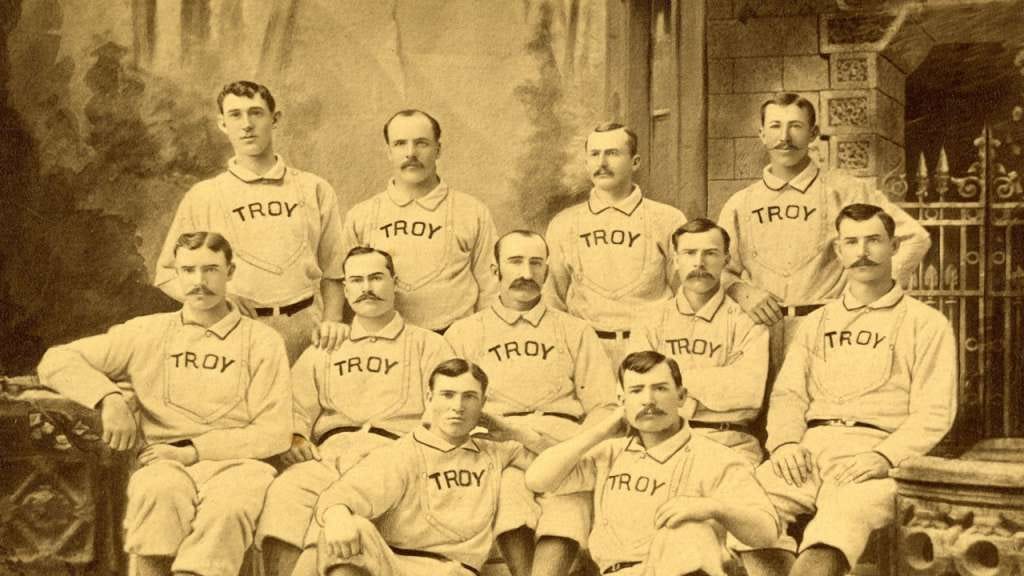

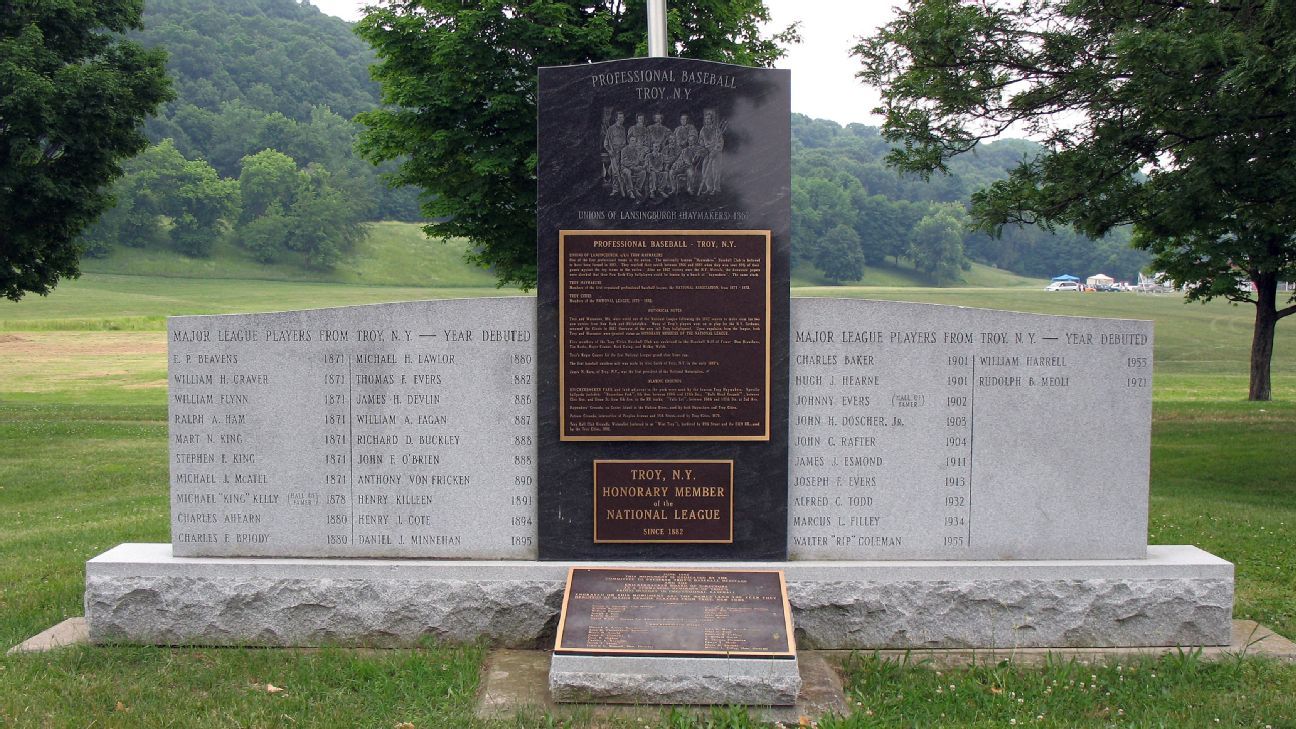

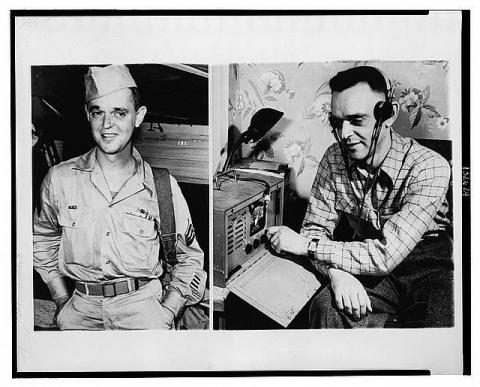
We are waiting for God only knows what. How about a chocolate soda?
The jig is up. Everyone is bawling like a baby. They are piling dead and wounded in our tunnel. I'm vomiting. Arm's weak from pounding key, long hours, no rest, short rations, tired.
Corregidor used to be a nice place. Haunted now.
Hey, I have 60 pesos you can have for the weekend.
General Wainwright is a right guy and we are willing to go on for him, but shells were dropping all night, faster than hell. Damage terrific. Too much for guys to take.And then came his final transmission:
My name is Irving Strobing. Get this to my mother, Mrs. Minnie Strobing, 605 Barbey Street, Brooklyn, N.Y. They are to get along OK. Get in touch with them as soon as possible. Message, my love to Pa, Joe, Sue, Mac, Harry, Joy and Paul. Also to all family and friends. God bless 'em all. Hope they be there when I come home. Tell Joe, wherever he is, go give 'em hell for us. My love you all. God bless you and keep you. Love. Sign my name and tell my mother how you heard from me.There was a pause, then "Stand by," then nothing.

I was fortunate enough to meet him when he was a ham radio operator in retirement in North Carolina--he was call sign N4FLW and I was N4NDK (now W1ST). A great and humble man, and my young son Will and I would often stop by his home for a friendly visit. He was always an avid radio operator and always had a significant modeling project underway across a table on his living room table. He would loan to me radio gear from time to time. He also always had a new plastic truck toy from the Hess Oil company to give to my son. I went to his funeral and met some of his family. I was amazed that they knew of me, from stories he would tell of the visits.Irving Strobing is buried at Arlington National Cemetery.
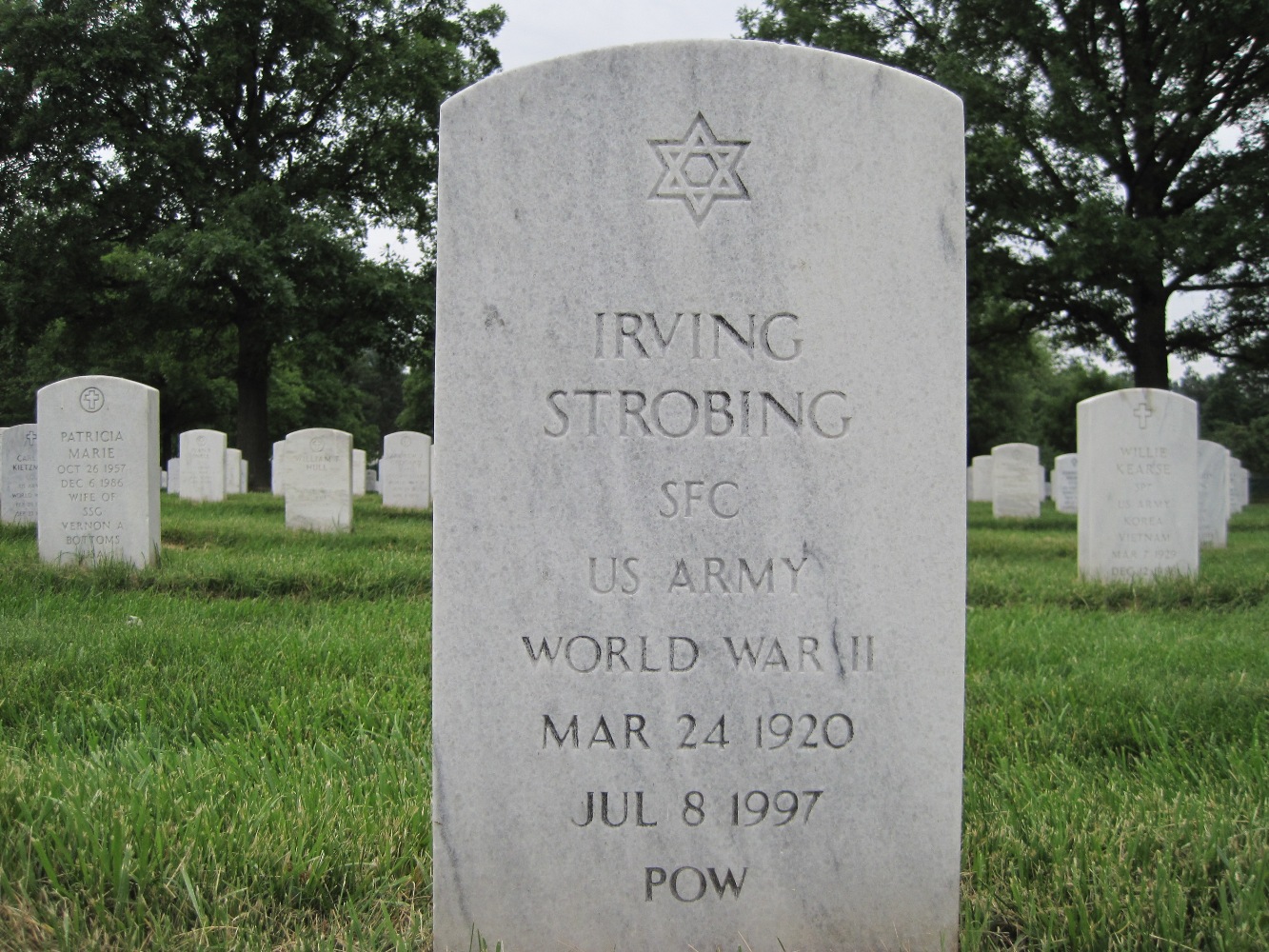
"We have indicators that data was exfiltrated. We did not have concrete evidence that data was exfiltrated from the DNC . . . it appears it was set up to be exfiltrated, but we just don't have the evidence that says it actually left". (p.32)However, Henry said there was clear evidence data was exfiltrated from the DCCC.
"I would dare say that not even every member of the committee would, if give the - was able to hack either the [DCCC] or [NRCC] would have the level of sophistication to pick out the kinds of records that were picked out and put online. And certainly, it seemed to me unlikely that a foreign adversary sitting in Moscow did that" (p.57)He later speculated regarding the leaked swing House district opposition research, that while it was plausible Russians did the hacking they would not have understood the value of the information.
You think we imprison people on a whim?
No.
If you think our humanistic system capable of it, that alone would justify your arrest.
“If you want to know who actually has the power in our society and who is actually marginalized, ask which ideas get you sponsorships from Google and Pepsi and which get you fired.”To help you along, here are some key terms and definitions you may find useful in order to succeed in your future:
It was you/right down the lineDid anyone have a smoother, more relaxing style than Gerry Rafferty?
Senator Lindsay Graham: "The whole concept, that the campaign was colluding with the Russians, there was no 'there' there in August of 2017, do you agree or not?"Maybe someday Rod can back it up even further since, as is now evident, there was no there there by May 2017 when Mueller was initially appointed. As IG Horowitz's reported, by early 2017, Christopher Steele's primary source for the dossier had repudiated its truth and the FBI had been unable to confirm any portions of it, Carter Page had been interviewed, without counsel, and nothing had turned up on George Papadopolous. There was nothing, nada, zilch.
Rosenstein: "I agree with the general statement,"
As a Black woman, I am also struggling to make meaning in our world today…. This loving refrain from Assata Shakur still rings true as I shelter-in-place: ‘It is our duty to fight for our freedom. It is our duty to win. We must love and support each other. We have nothing to lose but our chains,'"The communist Assata Shakur was convicted of 1st degree murder of a New Jersey State Trooper in 1973 along with several bombings and robberies. She escaped prison and has been sheltered in communist Cuba for more than 40 years. This is not someone who is loving. This is not someone who cares for people as individuals. This is not someone who cares about freedom, unless it is defined as the freedom for people to do precisely what she wants them to do. In a truly just and caring society if Mona Hicks really believed this she would be unsuited for her position. Unfortunately, in academic America it is precisely those beliefs that qualify her for the position (for another example see the academic veneration afforded another communist, Angela Davis). For the milieu that spawned creatures like Shakur read my post The Company You Keep or the book Days of Rage.
Salmah also worked fulltime for the U.S. Departments of State and Defense [during the Obama Administration] as a lead linguist and analyst, mastering multiple foreign languages including Arabic, Urdu, Punjabi and gaining expertise in international security and diplomacy. Her high-value work would often inform the President’s Daily Briefs.Rizvi attended NYU Law School, supported in part by a scholarship from the Council on Islamic-American Relations (CAIR), an Islamist terrorist supporting organization. Oh, and wouldn't you know it, she also got a scholarship from the George Soros family. All the best people working for the destruction of America. Along the way she worked for the racist Boycott, Divestment, and Sanctions movement regarding Israel and is now a very well-paid associate at the prestigious law firm of Ropes & Gray. She's got a future ahead of her!

". . . I think he was having a lot of fun with the Putin thing" and liked to "play up [the bromance] . . . I just think he really liked poking the media". (p.16)When asked about Trump's foreign policy views, Sam's response was like the others, "I don't think he ever expressed to me definitively what he thought about foreign policy on any level" (p.17), and reinforced what the committee had been hearing from others about thin campaign staffing, "Policy shop was one-deep and it was me." (p.18)
"The committee was not any serious - a group of people authorized to speak for President Trump, and they absolutely weren't authorized to go around the world pretending to represent him". (p.26)Navy veteran Jeff (JD) Gordon served as Pentagon spokesperson for Secretaries Rumsfeld and Gates. Gordon testified he believed Russia was a threat, though it was okay to try to deal with the country, but:
"I think the Obama administration tried to have better relations but for getting nothing in return at all." (52)He was Director of the board and confirmed it was a one-time event.
"What did you say to the President about George Papadopolous?"Papa and Page did not impress anybody. In his polite, mannered way, Jeff Session said:
"I said, who the fuck is this guy?" (p.43)
"Well, I didn't feel like either one had - apparently had a background of significance, that would indicate that they had contributions to make."(p.33)Rick Dearborn called Papa:"A volunteer that attended one meeting that wanted to travel and had no access to the candidate other than the one meeting"(p.47) and later wrote an email referring to the pair:
"I've met him once. He has a Carter Page problem. He goes and meets with folks, expresses his views, and then is tagged by the press as our guy". (p.49)Walid Phares, a board member who actually had a reputation and expertise told the committee the other board members wondered why Papa was a member given his lack of experience, and he came to the conclusion that "What he wanted to do is to appear in the campaign as the person who could engage in establishing these relationships". (p.44) Phares went on to say that while Papa and Page's views on Russia were different from those of the rest of the board:
"At that time, discussing international relations and relations with Russia and China or anybody in the world, was not a taboo. It was a normal matter." (p.47)The only meeting of the board took place on March 31 in Washington DC - Carter Page did not attend! The press was invited in and took photos and then left. According to Rick Dearborn there was no agenda and no written summary of the meeting. However, the memory of those attending is consistent. The meeting last for an hour. Trump began by asking each member to introduce themselves and make a short statement but Trump and the second board member to introduce himself, Keith Payne, spent 40 minutes talking nuclear weapons and doctrine and national security philosophy, leaving very little time for the others and any other dialogue. Papa spoke for 90 seconds or two minutes before Sessions shut him down, when Papa raised the possibility of Trump meeting with Putin during the campaign. It was the only time during the meeting when Sessions intervened which he testified he did because Papa was out of line raising the issue.
"I wouldn't have needed Carter Page if Donald Trump wanted to see Vladimir Putin". (p.87)And Clovis said of Papa's proposal for a meeting, "I thought it was a bogus offer" from a self-promoter. (p.88)